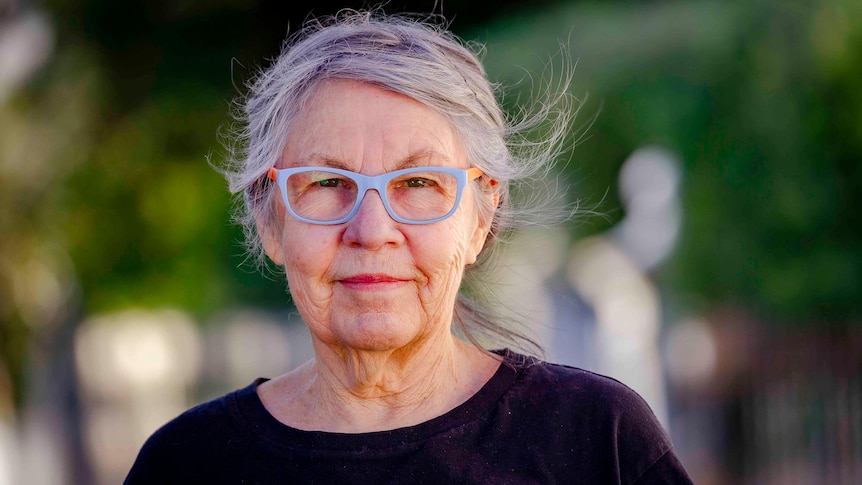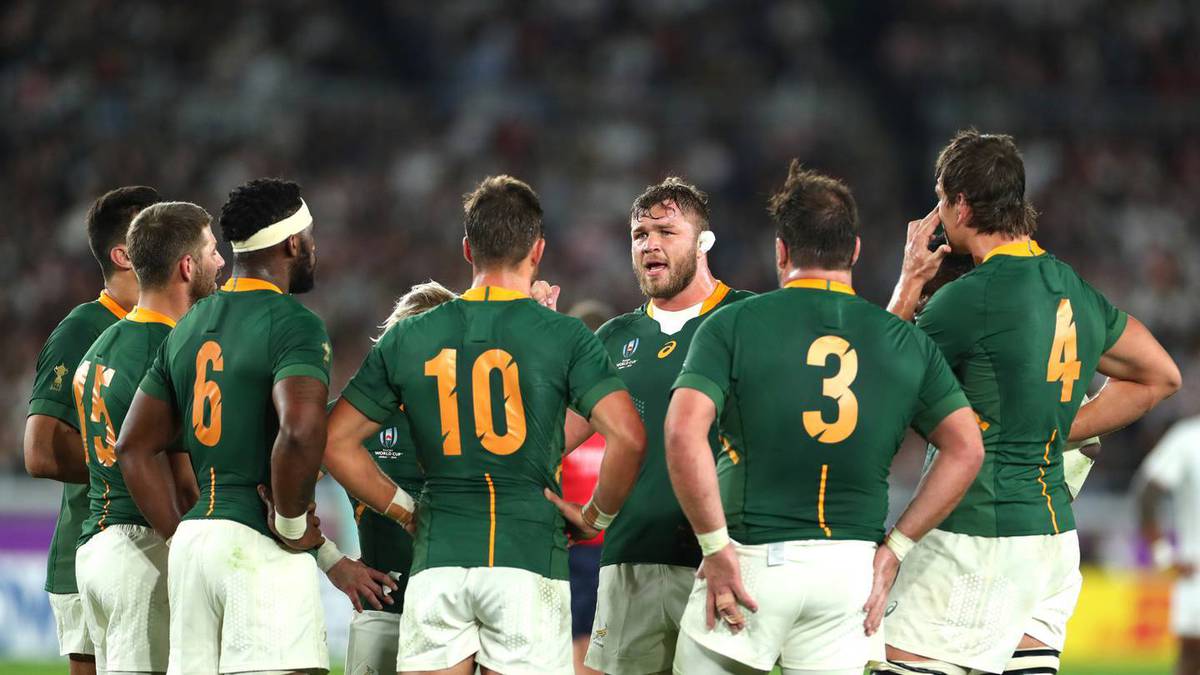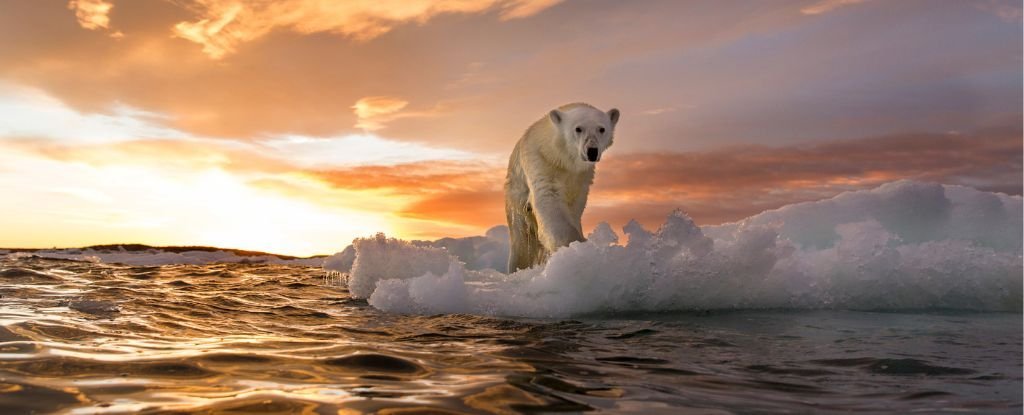In a white-walled room inside a community center in Sydney’s inner west, about 20 people are sitting in a circle.
One of them, a young man in a beanie, starts reading from a pamphlet:
“Corporate and institutional power is driving the climate crisis and blocking climate action.”
He’s a member of Blockade Australia, the protest group which shut down parts of Sydney in late June.
Today — June 26 — is the day before that happened.
“The very system we’re in is one of domination, so to resist that we have to be able to organize in a different way — organizing non-hierarchically and co-existing non-hierarchically.”
Sitting on a floor of rough gray carpet tiles, the small audience is nodding in agreement as the young man in a beanie continues.
“Blockade Australia is a coordinated response that aims to develop a culture of effective resistance through strategic direct action.”
This is the planning and preparation workshop held 24 hours before the protests which stopped thousands of Sydney commuters from getting to work on time on June 27.
“This is systemic, a system called Australia, a system that’s been extracting and dispossessing on this continent for centuries now.”
Phrases like “so-called Australia” are common parlance here. An Aboriginal flag features prominently on the wall above the man addressing the group.
The message, essentially, is this: Australia’s economy is inherently exploitative and extractive and if catastrophic global warming is to have a chance of being prevented, Australia as we know it must be stopped in its tracks.
Not surprisingly, for politicians, the police and much of the public, that’s a lot to swallow.
But it makes perfect sense to Elizabeth Hartick who is at the back of the room that Sunday, sitting on a stool.
“People say to us over and over again, isn’t there another way? Can’t you be more polite and write letters and do things through the proper channels?”
“But it hasn’t worked. It hasn’t worked.”
‘The right to protest is on a slippery slope’
Elizabeth is a retired Melbourne university administrator and researcher, and a grandmother, too. She’s 74, but she bristles with bright-eyed energy.
She has formed as a climate change protester in Melbourne with groups like Extinction Rebellion. She’s had run-ins with the police before but she has no convictions.
“I figure that what I can do with the last couple of decades I’ve got of my life, [is] put myself on the line to make a noise and to keep attention focused on the issue,” she says.
Elizabeth has traveled here from Victoria to attend the workshop. There are classes on how to occupy space in non-violent ways and a medical briefing telling people what to do if they’re pepper-sprayed.
But it’s the legal briefing that Elizabeth’s come to hear.
“The main thing is this issue with the punitive, repressive fines and jail terms that they’re threatening us with,” she says.
Elizabeth’s referring to amendments to the NSW Roads Act, which passed back in April.
The changes make it an offense punishable by up to two years jail and/or a $22,000 fine if anyone damages or seriously disrupts or obstructs the Sydney Harbor Bridge or Tunnel or “other main roads”.
Everyone here, the day before the June protests, knows about these laws because they’re being told about them by the young woman leading the legal briefing:
“This is a scare tactic and it’s just one of the ways that this devolution of protest laws and human rights, the right to protest, is kind of on a slippery slope in so-called Australia.”
Elizabeth’s tuned in and confident she can avoid arrest.
“I think I can handle myself like I have in the past. If I’m told to get off the road by the police, then I’ll just get off the road,” she says.
“So I’m pretty sure that I can avoid getting arrested in this sort of situation.”
The protest
It’s about 8am on Monday, June 27, and Sydney’s Harbor Tunnel is in crisis.
At the North Sydney end, a small white car has parked across several lanes, stopping thousands of commuters from getting to work on time.
Inside that car, a young woman is broadcasting via Facebook live, speaking into her phone with her neck bike-locked to the car’s steering wheel.
“My name is Mali. I’m 22. I’m currently locked on to a car at the start of the Sydney Harbor Tunnel in protest of the climate destruction that is happening on this continent right now.”
Mali Cooper has traveled to Sydney from flood-devastated Lismore.
“I’ve watched mass devastation happen up there this year with two one in 100-year floods that have happened. This is climate change. It is here. It is happening now.”
As Mali speaks, a growing number of traffic-jammed commuters are getting furious.
“There are some really angry people who are screaming and threatening me and banging on doors. The police are on their way and I’m not sure how long this is going to happen for. I’m a bit overwhelmed.”
Behind Mali, a man is approaching her car window. Her camera captures him leaning in… his face distorted with fury.
“You’re f**king everyone’s day up, you dumb c**t. Get the f**k out of the way. You f**ing selfish c**t.”
At the same time, on the other side of the harbour, Elizabeth Hartick is among the Blockade Australia protesters walking out of Hyde Park and marching down various streets in Sydney’s CBD.
She’s nowhere near the Sydney Harbor Bridge or the Tunnel and manages to avoid arrest.
“I’m honored to be amongst them. I’m happy to be here. I think we’re all fighting for a good cause. I’m really glad to be on their side,” she says.
Ten people were arrested that day and nine were charged. Elizabeth isn’t among them.
So she heads out again for the second day of protests in Sydney’s CBD.
‘You’ve been placed under arrest’
The next day, I catch up with her a bit after 8am near the low sandstone wall that wraps around Hyde Park in Sydney’s CBD.
“We just want to keep putting the pressure on, putting the pressure on. We’re at the pointy end so that people start to take notice of what the reality is,” she says.
Elizabeth’s fired up.
“You’ve got to work hard to understand the immensity of the problem that we are facing. And very few people really do.
“They sort of say, Oh yeah, we know about climate change. We’ve been hearing about it for years. Well, but what the f**k has happened?
“You know, we try to do stuff with our plastic and recycling and things like that. It’s going to take a much bigger… a much bigger project”
As we’re talking, a detective approaches us.
“We’re from South Sydney police. What was your name, sorry?
“At this stage, I’ll just let you know that you’re … under arrest in regards to yesterday’s protest. You’ve been identified as being present there.”
Elizabeth is being arrested not for what she was doing right now, but because she was filmed the day before marching with the protesters.
“It’s alleged that whilst you were present and protesting, you were disturbing a major road, and that’s now a new offense under the Crimes Act. And so for that offense, yesterday, you’ve been placed under arrest.”
She’s been charged under the section which refers to the Sydney Harbor Bridge and Tunnel.
In other words, she’s been identified as someone who obstructed one of the “other main roads” that have been attached to a section that deals with the Sydney Harbor bridge and Tunnel.
‘We had to take action’
To find out which roads the amendments to the Roads Act apply to, I go to see the NSW Roads Minister Natalie Ward.
It turns out that when it comes to climate change protesters, she’s experienced them herself.
“One morning I sat there on the Spit Bridge in that traffic and saw the family next to me in the car with three kids in their school uniforms trying to get to school, a stressed parent, people trying to get to work and just go about their daily lives,” she says.
“That really brought home the scale of the interruption. So we felt that we had to take action.”
Ward says she’s a passionate supporter of more action on climate change and supports the right to protest.
“That for me is a fundamental right of everybody in this country. But we also need to balance that with our obligations as a community to respect each other.”
Looking out from her office window in Sydney’s Martin Place, there’s a spectacular view. I ask the minister if she can point out the roads which it’s OK to walk on without fear of being jailed for two years.
“There’s nothing illegal about walking on streets,” she says.
“You can’t walk on the roads unless you’ve organized to do so, unless you’re crossing voluntarily at traffic lights when the light is green.
“I don’t want to be trite about this. This is important, sensible legislation that I think, you know, puts in place a real standard for behaviour.”
Essentially the minister is saying that you can walk on roads as long as you’re acting peacefully and not obstructing them.
She tells me the list of roads which you can’t obstruct is easy to find.
“We’ve put out there where… those roads are and are not.”
But the web address provided to me only links to a general page for Transport NSW.
After further inquiries, her office provides me with a list of roads to which the amendments apply.
Almost 8,000 roads, tollways and freeways are included in that list, along with about 700 “main roads” across NSW.
Essentially this means that unauthorized protesters in NSW who obstruct hundreds of main roads can be jailed for up to two years under a law designed to protect the Sydney Harbor Bridge and Tunnel.
The waiting game
All of the Blockade Australia protesters have pleaded not guilty to the offense of obstructing the Bridge, the Tunnel or “other main roads”.
Except 22-year-old Mali Cooper — who parked a car across the entrance to Sydney Harbor Tunnel in North Sydney.
None of their hearings are expected to be before court before next year.
Until then, many are banned from entering NSW and from using encrypted apps on their phones or from communicating with each other in any way at all.
Elizabeth Hartrick is back at home in Melbourne, feeling isolated and alone.
She’s been hoping to soon visit her grandchildren in New Zealand, but strict bail conditions may prevent her.
In spite of all this—her resolve is unwavering.
“I can’t not do this. I can’t not do this. I can’t just sit at home, you know, being a retired granny. And not get out there and bloody do what I can,” she says.
“Social change hasn’t happened without some kind of rebellion or revolution. And that we’ve got to do it… we can’t keep sleepwalking.”
Additional reporting by Sean Ruse
.


